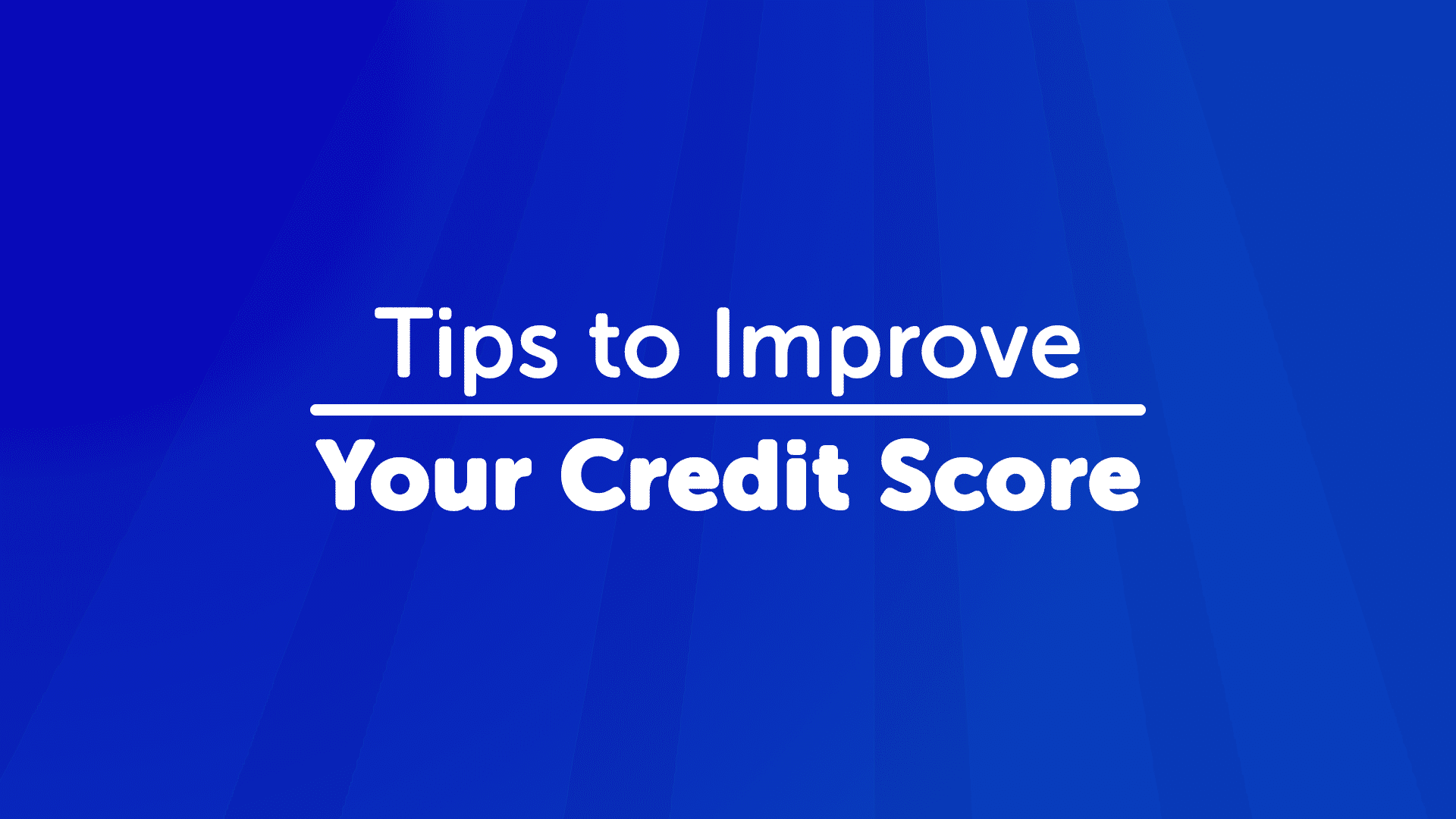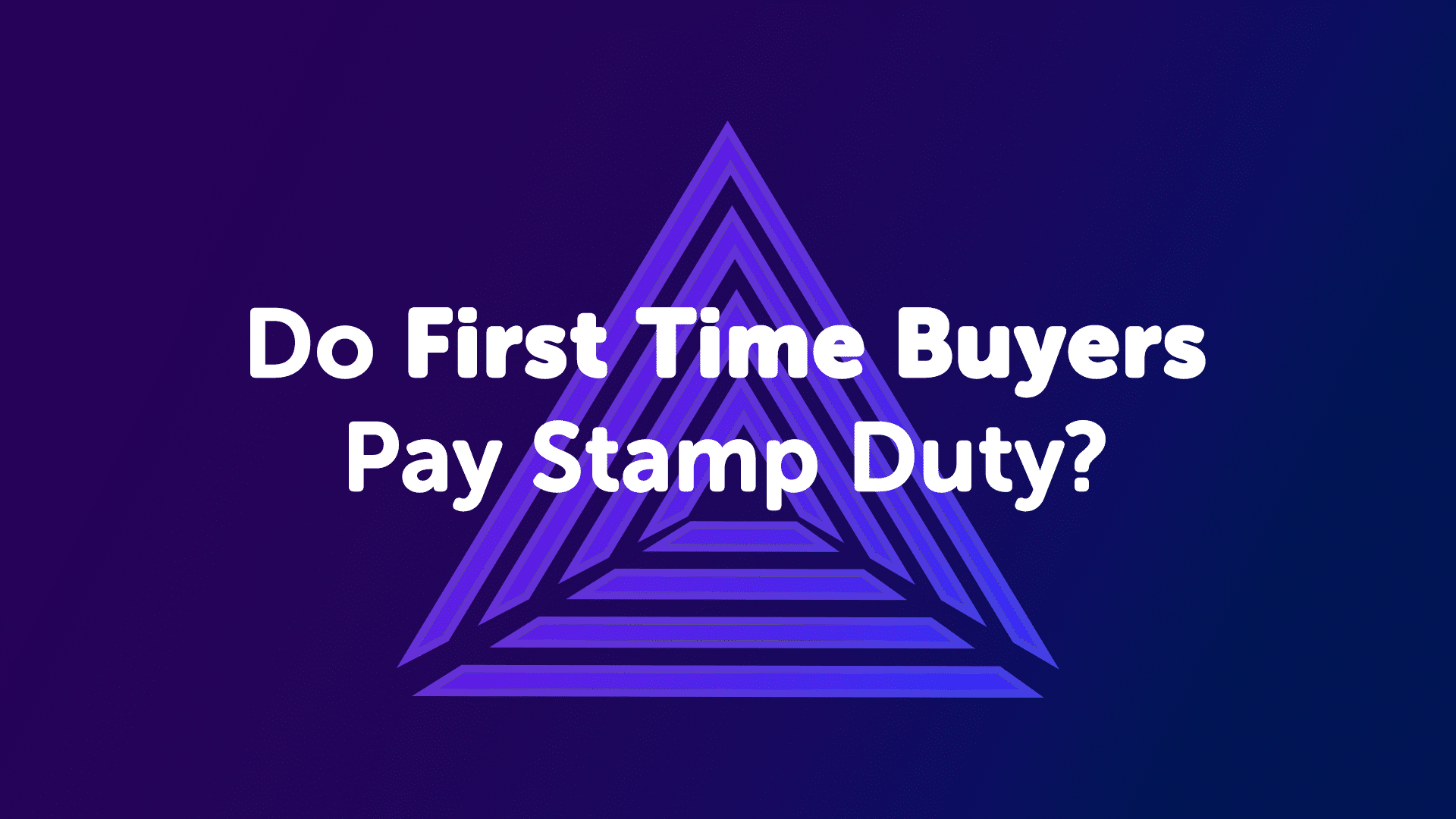As a first time buyer in Lincoln taking on your first ever mortgage process, you will probably want to do a bit of research first. During that research, you will quickly realise the variety of options at your disposal.
Below you will see a list of the most popular types of mortgages available on the market and hopefully, our short MoneymanTV videos will give you a better understanding of what each option has to offer.
If you have any questions regarding any of the below mortgage options, then please do not hesitate to get in touch and we will do our best to help.
What is a Fixed Rate Mortgage?
A fixed-rate mortgage will mean that you will benefit from having consistent mortgage payments for a duration of your choosing. Typically first time buyers in Lincoln will select somewhere between 2 to 5 years.
The reason for this, is if interest rates were to drop below what you’re paying and you’re still tied in for a few more years, you could be paying more than you would need to, without a way to get out early (unless you were to pay a charge).
The good side is that no matter what happens to inflation, interest rates or the economy you know that your mortgage payment, which generally speaking is your biggest outgoing, will stay the same.
What is a Tracker Mortgage?
A tracker mortgage is a type of mortgage wherein the interest rate will follow alongside the Bank of England’s base rate.
So in other words, the mortgage lender that you are with will not be setting the interest rate themselves. Typically you will instead be paying a percentage above the Bank of England base rate.
For example, if the base rate is 1% and you are tracking at 1% above base rate, that means you will be paying an interest rate of 2% on your mortgage.
These were much more popular back in the mid-2000s, due to the interest rate only being a fraction above the Bank of England base rate.
They aren’t as popular as they used to be, though it is important to remember that it is a variable rate mortgage. This means that if the Bank of England base rate goes up, your mortgage payments will increase.
What is a Repayment Mortgage?
When you take out a repayment mortgage, you will be paying both capital and interest combined on a monthly basis.
So as long as you maintain your monthly payments for the duration of your mortgage term, the mortgage balance is guaranteed to be paid off at the end, with you retaining full ownership of your property.
This is considered to be the most risk-free way to pay your capital back to the lender.
Early into your mortgage, it is mainly the interest that you are paying and your balance will reduce very slowly especially if you have taken out a 25, 30 or 35-year term.
This situation works differently in the last ten years or so of your mortgage in Lincoln, where your payments are paying off more capital than interest, and the balance will come down much quicker than it otherwise would’ve.
What is an Interest Only Mortgage?
Whilst you will find that a lot of buy to let mortgages are set up on an interest-only basis, it is much more difficult to get a residential property on this type of mortgage in Lincoln.
Back in the ’80s and 90s interest-only mortgages were a lot more prevalent. As the name suggests, you would only be paying back the interest per month, which creates lower monthly repayments.
The idea was that you would take out a separate investment vehicle, such as an endowment policy or pension, in order for you to pay the balance back at the end of the mortgage term.
Whether or not there is going to be enough money to pay the balance of your capital will depend on the performance of your investment vehicle.
During the 00s some of these investments didn’t perform as well as people may have expected them to and some borrowers were left with a shortfall.
It is much less likely for lenders to offer an interest-only product to a residential purchaser nowadays, however, there are certain circumstances where this can be an option.
For example, if you are going to downsize when you are older or have other investments what you will use to pay the capital back, an interest-only mortgage may be viable for you.
Mortgage lenders are very strict when it comes to offering these products now and the loan-to-values are a lot lower than they were in years gone by.
What is an Offset Mortgage?
With an offset mortgage, the lender will set you up a savings account that will be left to run alongside your mortgage account.
How this works is that let’s say you have a mortgage balance of £100,000 and you were to deposit £20,000 into that savings account. You would actually only pay interest on the difference, so in this case £80,000.
This could actually end up being quite an efficient way of managing your money, especially if you are a higher rate taxpayer.
It is also very useful if you are looking at reducing your mortgage term, because your mortgage term will shrink as the money sits within your savings account.
Importantly, if you remove any funds from that savings account (which you are allowed to do at any point), your balance will go back up.
What this means, is if you deposited that £20,000, then paid off a further £5,000, bringing it down to £75,000 left to pay, then you drew out £15,000 for something, your balance would go all the way back up to £90,000, no matter what you have paid back.
This mortgage option was popular in the late 90s and early 00s, originally coming from Australia and becoming very popular in the UK when introduced by mortgage lenders.
Currently, however, this is not a very popular mortgage option. This could arguably be down to people not saving up as much money anymore. That being said, in the right circumstances, this could be a great option for you.
Date Last Edited: December 12, 2023













